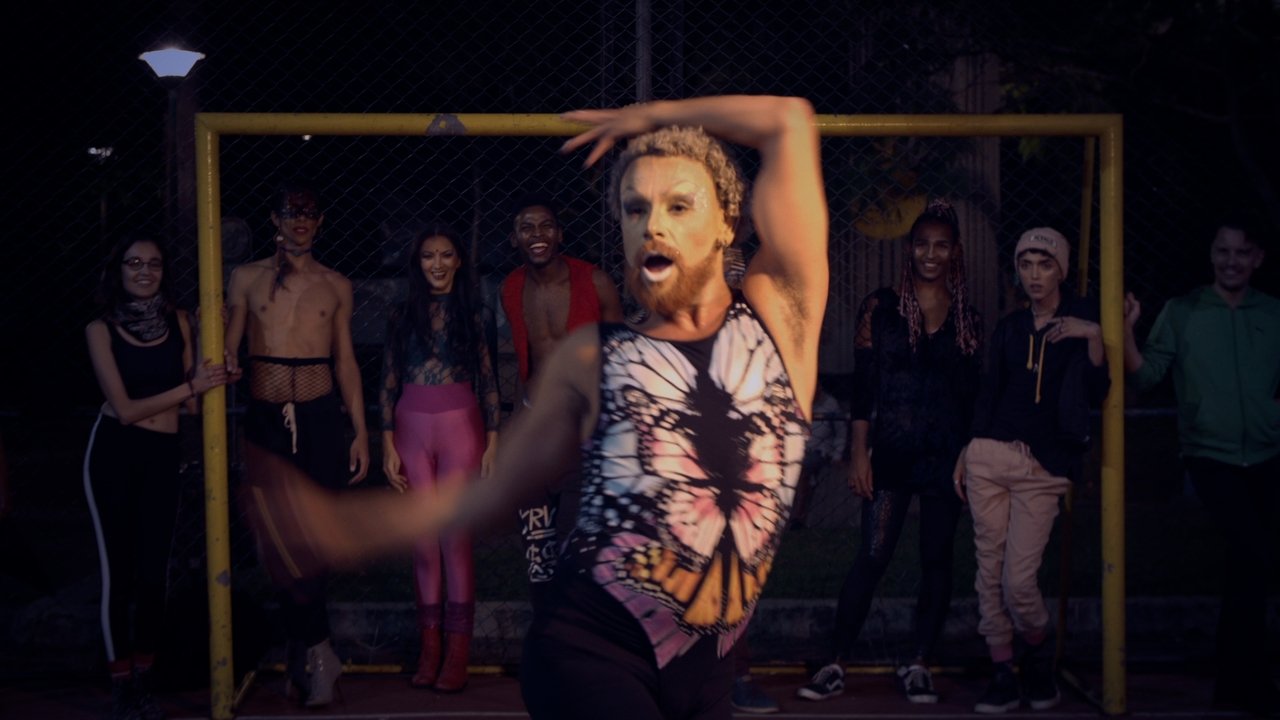

Basquete das excluídas(NaN)
Originating in Curitiba in 2013 and spreading to Portugal, Spain, Mexico and Brazil, “Basket das Excluídas” consists of an LGBTQIA+ group gathering to play basketball on a public court in the city. They vogue and resist with their bodies around the city, challenging norms and celebrating diversity while engaging in a game that expresses identity and a form of resistance.
Movie: Basquete das excluídas
Top 10 Billed Cast

Basquete das excluídas
HomePage
Overview
Originating in Curitiba in 2013 and spreading to Portugal, Spain, Mexico and Brazil, “Basket das Excluídas” consists of an LGBTQIA+ group gathering to play basketball on a public court in the city. They vogue and resist with their bodies around the city, challenging norms and celebrating diversity while engaging in a game that expresses identity and a form of resistance.
Release Date
Average
0
Rating:
0.0 startsTagline
Genres
Languages:
PortuguêsKeywords
Similar Movies
 0.0
0.0Siamo qui(it)
Activists of the LGBTQ+ association Rain Arcigay Caserta come back living in a property given to them in concession, confiscated from the Camorra in Castel Volturno. The goal is to reconnect with the local inhabitants and propose a new idea of sharing and regenerating the park.
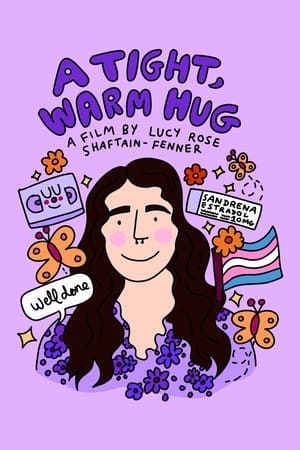 0.0
0.0A Tight, Warm Hug(en)
Lucy Rose, a transgender woman, shares her journey of self-love and empowerment since starting hormone replacement therapy three years ago. The film is part animation, part documentary and part VHS archive footage.
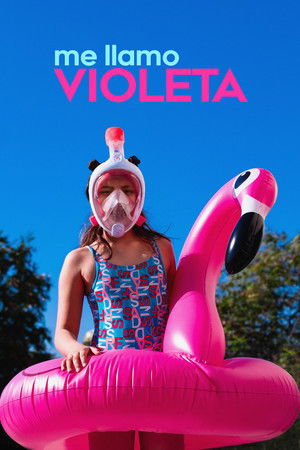 5.2
5.2My Name Is Violeta(es)
Violeta leads a normal life in a well-off family, with loving parents, surrounded by everything the heart of an eleven-year-old girl might wish for. But she hasn’t always been the pretty girl she is today; she was born a boy. At age 6, she baffled her parents (the famous adult movie stars Nacho Vidal and Franceska Jaimes) when she told them she wanted to be called and dress as a girl. After the initial shock, they decided to give her all their support on the long and tough road that will lead to her becoming a woman someday. Violeta faces many challenges, medical (such as deciding whether or not to take hormone-blockers to stop the development of masculine features as soon as puberty kicks in) and legal (obtaining an ID card with her new name and gender). Later, she may consider getting a sex reassignment procedure, or the possibility of becoming a mother through adoption.
 9.0
9.0Art and Pep(en)
Art Johnston and Pepe Peña are civil rights leaders whose life and love is a force behind LGBTQ+ equality in the heart of the country. Their iconic gay bar, Sidetrack, has helped fuel movements and create community for decades in Chicago's queer enclave. But, behind the business and their historic activism exists a love unlike any other.
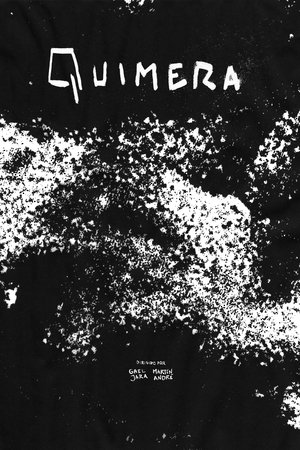 0.0
0.0Chimera(es)
A non-binary folk watches the handover of the first non-binary ID in the history of Chile. As they try to do the paperwork, they will face the bureaucracy of the legal proceeding.
 7.3
7.3The Times of Harvey Milk(en)
Harvey Milk was an outspoken human rights activist and one of the first openly gay U.S. politicians elected to public office; even after his assassination in 1978, he continues to inspire disenfranchised people around the world.
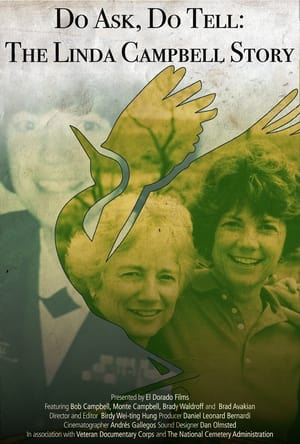 0.0
0.0Do Ask, Do Tell: The Linda Campbell Story(en)
Set against the backdrop of the repeal of the "Don't Ask, Don't Tell" policy, the film chronicles the journey of Lt. Col. Linda Campbell, an Air Force veteran who grappled with hiding her true self during her service tenure. While the national policy shift towards LGBTQ+ rights marks a progressive era, Linda's personal story serves as a powerful testament to the individual battles fought in the shadows of such policies. Subjected to suspicion, prejudice, and threats from her comrades due to her perceived homosexuality, Linda's resilience remain undeterred. Her unwavering love and commitment to her partner, Nancy Lynchild, culminate in a poignant milestone: their eternal rest together in Willamette National Cemetery. Intertwined with this narrative is the account of Linda's brother, Bob Campbell, who delves into their family's conservative roots, Linda's tumultuous coming out, and the eventual familial reconciliation that showcases the transformative power of love and understanding.
 0.0
0.0Gay March on Washington(en)
UCLA Student Film, Preserved by the UCLA Film and Television Archive. Documentary from Community Video Center San Diego about the Gay Rights March on Washington D.C. on October 14, 1979. Interviews include representatives from the Greater San Diego Business Association, San Diego Democratic Club, Senate for Social Services, and Gay Alliance for Equal Rights, a mother advocating her gay son's rights and creator of a parents activist group in Orange County, Allen Ginsberg, and Gay Mormons, as well as other attendees of the march. Interviewees speak about gay rights, equal protection under the law, and end to discrimination against gay people.
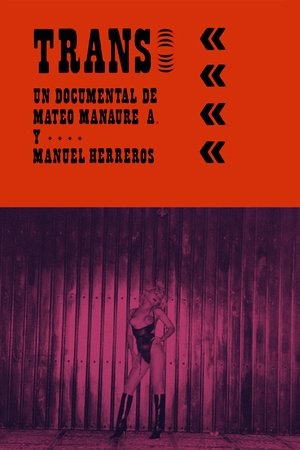 0.0
0.0Trans(es)
Trans is a 1982 Venezuelan documentary short film that offers an intimate look into the lives of a group of trans women and drag performers in Caracas, exploring their experiences in a society marked by transphobia and homophobia. Through interviews and performances, the documentary highlights the resilience and dignity of these women in the face of widespread discrimination and violence. Premiering at the Venezuelan National Cinematheque in 1982, Trans is considered a pioneering work in the representation of the trans community in Latin American cinema.
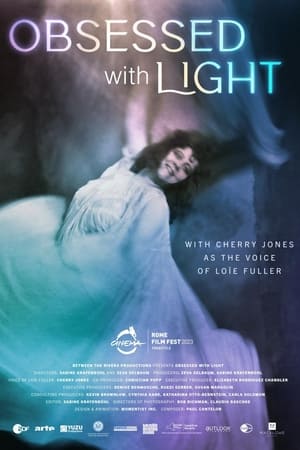 8.0
8.0Obsessed with Light(en)
Loïe Fuller, stage name of Marie Louise Fuller: the American actress and dancer trained in burlesque, circuses and variety shows who, in the 1890s, signed by the Folies Bergère of Paris, became a star. She was portrayed by Toulouse-Lautrec, loved by the symbolists, the inspiration for Art Nouveau, in her shows she combined dance, spirals of fabric and light, reflected from behind or from below through the glass floor that she had created. She transformed into the "Fairy of Light", was taken up (especially in her Serpentine Dance) by Georges Méliès and Alice Guy and influenced René Clair's early films.
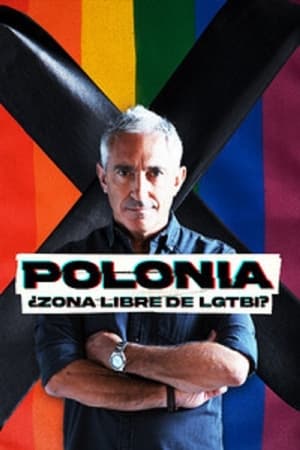 5.2
5.2Polonia: ¿zona libre de LGTBI?(es)
Jon Sistiaga takes an immersive trip to Poland, a country divided into two zones: on the one hand, the urban and pro-European, and on the other, the rural and ultra-Catholic, still anchored in the traumas of the war and the post-war period. Is Poland a homophobic country or does it have a homophobic government? How does the European Union allow this situation?
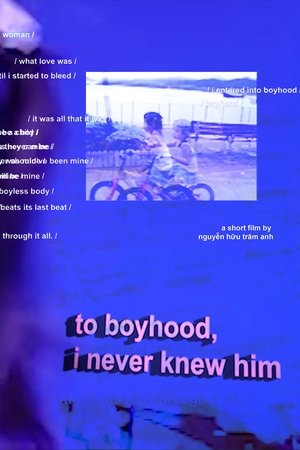 0.0
0.0to boyhood, i never knew him(en)
Archive footage from 2006 - 2010 of a young girl growing up during the ages of four to eight. Only fragments of what is remembered exists. Words from a transgender man float to the surface as fleeting memories go on.
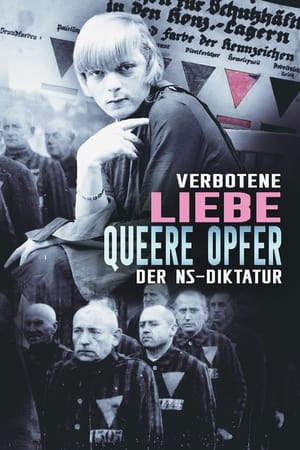 0.0
0.0Verbotene Liebe - Queere Opfer der NS-Diktatur(de)
Sexual minorities were oppressed, imprisoned and murdered by the Nazis. Paragraph 175 criminalized homosexual men during the Nazi era – but the Nazis also discriminated against lesbians and trans people. They should be excluded from the national community. More than 50,000 queer people have been proven to have been persecuted. The documentary highlights three poignant fates in the context of Nazi terror.
È pericoloso esporsi(it)
During the women's demonstration on March 8, 1972, Mariasilvia SPOLATO was there with a placard: Liberazione omosessuale. A month later, Simone de Beauvoir came to Rome to give an interview, and this placard illustrated her article. Mariasilvia could no longer teach, ended up homeless and spent her life on the trains.
 0.0
0.0The History of the Carabiner(en)
Through a creative blend of mixed-media and charismatic narration balancing humor, sass and historical gravity, discover the queer history of the carabiner in this latest WaterBear Original, directed by Gianna Mazzeo and made in partnership with Nikon. Follow the carabiner’s story, from its humble 1911 climbing roots (thanks, Otto "Rambo" Herzog), to empowering butch mechanics and postal workers in the 60s, becoming a potent signal of identity and attraction in the 80’s (think Tinder, but with hardware) and as a TikTok fashion sensation today.
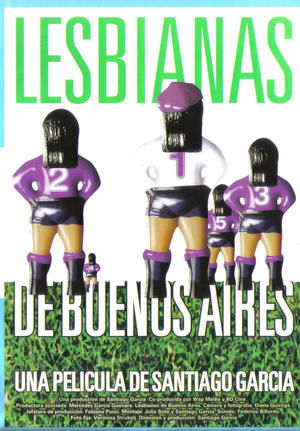 7.2
7.2Lesbians of Buenos Aires(es)
This documentary tells the tale of Buenos Aires lesbians, focusing on three personal stories. A former militant woman who now devotes her time to feminine soccer; a young woman who is active so no girl has to go through what she went through and a lesbian mother who recounts how hostile the laws are regarding the rights of lesbian women. In spite of the difficulties their characters go through, the stories have a lot of humour, some soccer and a tour of the city.
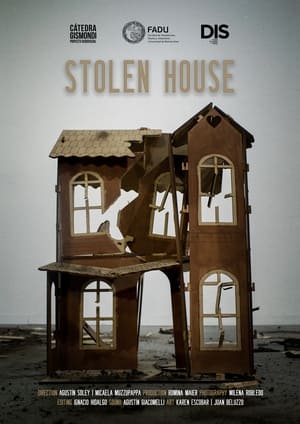 10.0
10.0Stolen House(es)
"Stolen House" is a documentary short film that follows the migration story of Mark, a Russian photographer, and Katya, a Ukrainian artist, to Argentina. Through narrations, staged scenes, and archival material, fragments of their lives, feelings, and motivations are explored.
 0.0
0.0Trans & Pregnant(en)
Two men undertake a thought-provoking journey to parenthood. Not by adoption or surrogacy, but by Frankie, a trans man, carrying their baby. Made with support from NZ on Air.
